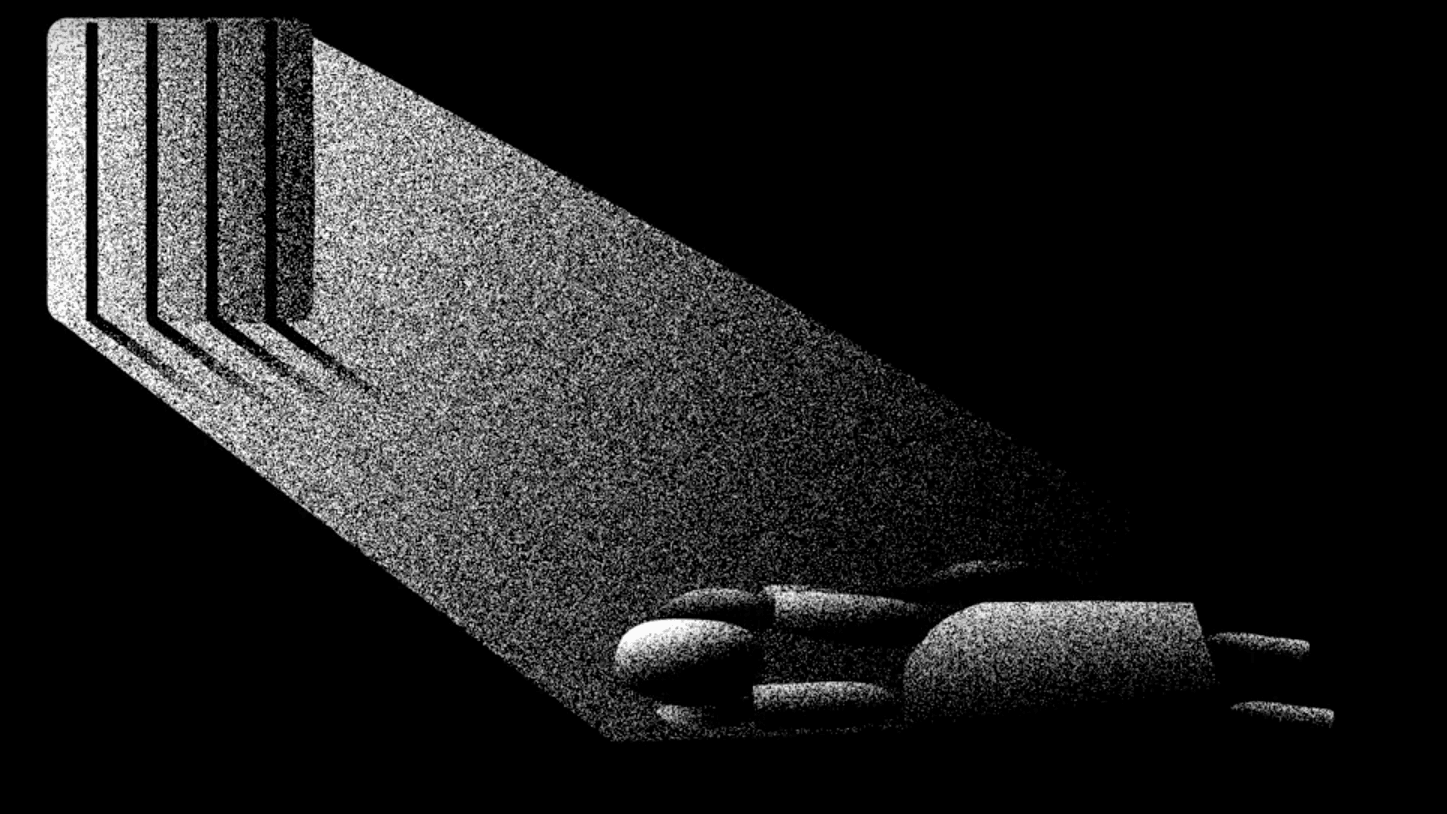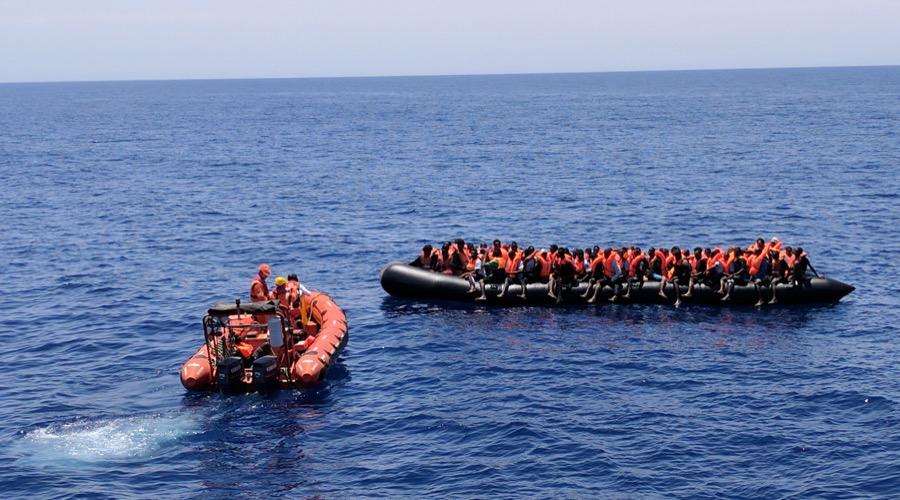Doctors Without Borders
At a clinic for torture survivors, an Iranian refugee works to build a new life
Behzad says he was imprisoned and tortured in Iran for four years before fleeing to Greece. In Athens, a special clinic for torture survivors, run by Doctors Without Borders, is helping people like him rebuild their lives.
Doctors Without Borders pleads: ‘Please allow the humanitarian actors to do their work’ in Yemen
Marie-Elisabeth Ingres, the head of Doctors Without Borders’ mission in Yemen, says combat deaths are not the only human cost of the civil war there. Patients with treatable conditions are now at risk because Yemen is running out of drugs and doctors. She wants the international community to step up and help.
Doctors become targets in Sudan’s forgotten wars
War is very much a part of daily life in Sudan, with several marginalized minorities in revolt against the government in Khartoum. And while these wars may be forgotten by the wider world, aid groups like Doctors Without Borders are on the ground — and sometimes targeted for attacks.
At a refugee hospital in Jordan, kids deal with war, resilience and friendship
In a town in Syria, two young boys were exploring outside when they found an electronic device. That device turned out to be an explosive, and they were badly wounded. Fortunately, they were quickly brought to a hospital in neighboring Jordan. But despite their dire circumstances, the two managed to persevere — while their friendship grew stronger than ever.
An Ebola nurse faces widespread stigma after returning from Liberia
It’s been 21 days since registered nurse Deborah Wilson worked with Ebola patients in Liberia. That means she’s Ebola-free. She’s proud of the work she did with Ebola patients, but it’s made life difficult — not because of illness, but because of stigmatization from even her closest friends.
Ebola forges a bond between a young boy and the psychologist who helped him
With every disease, physical and mental trauma go hand in hand. Ane Bjøru Fjeldsæter, a Norwegian psychologist with Doctors Without Borders, helped treat the latter during her time in Ebola treatment centers in West Africa. That’s where she struck up a friendship with Patrick, a 6-year-old patient.


